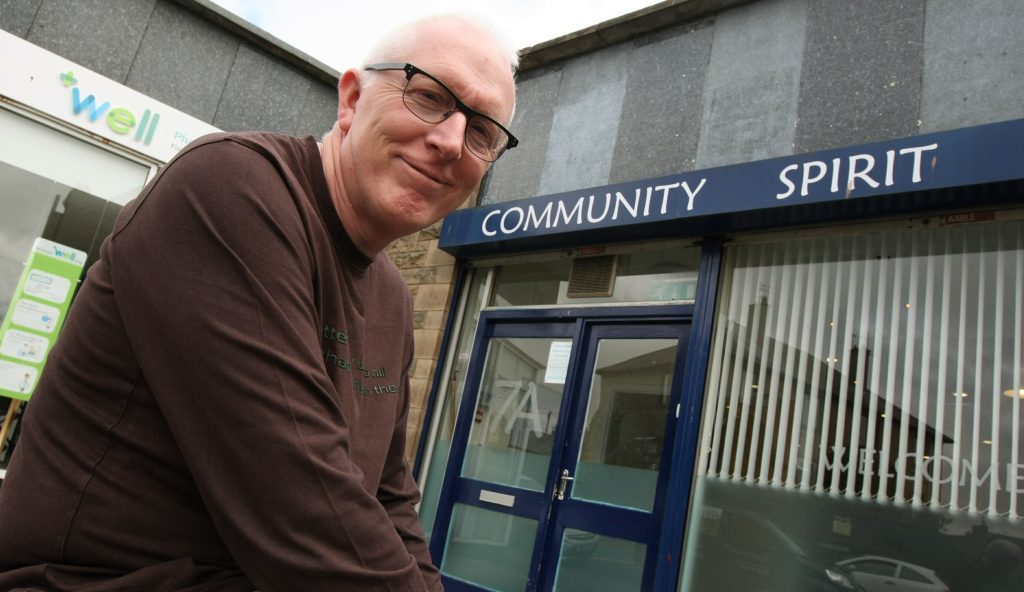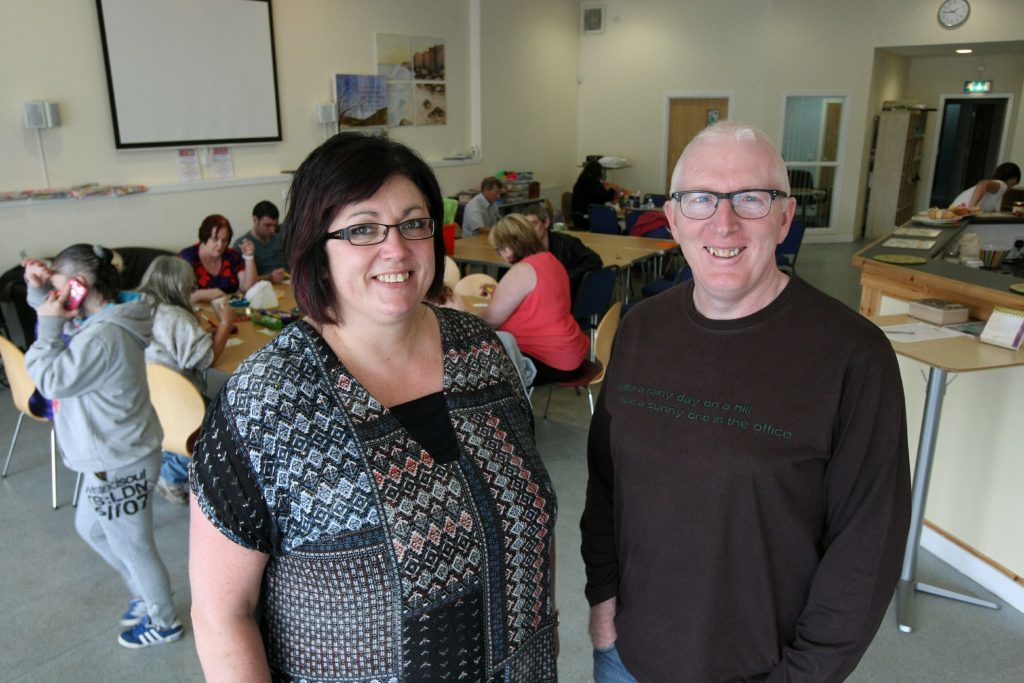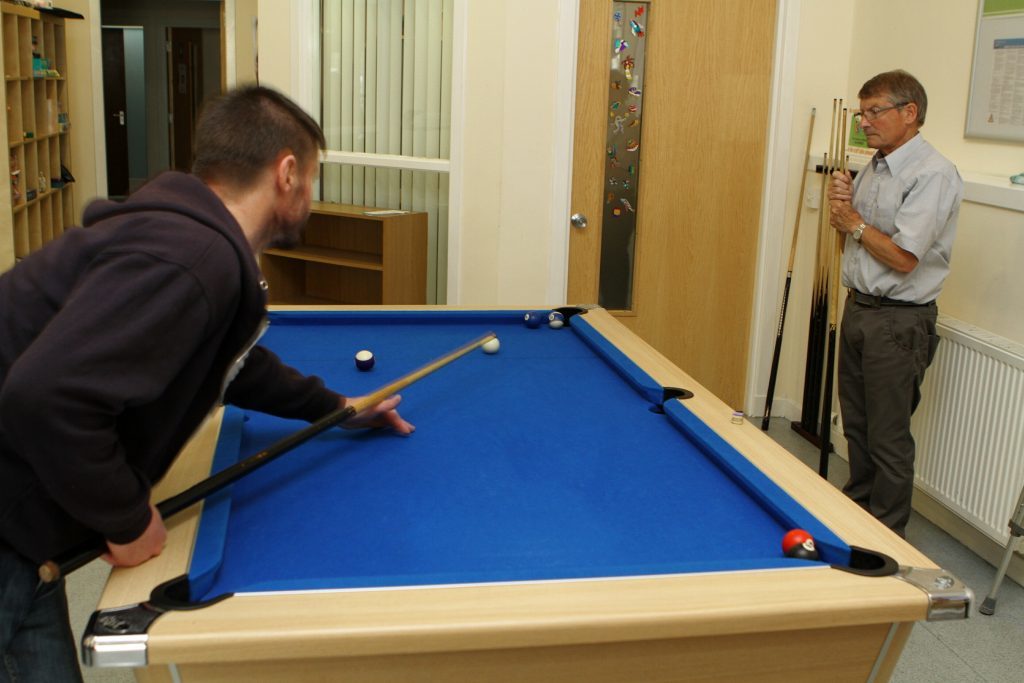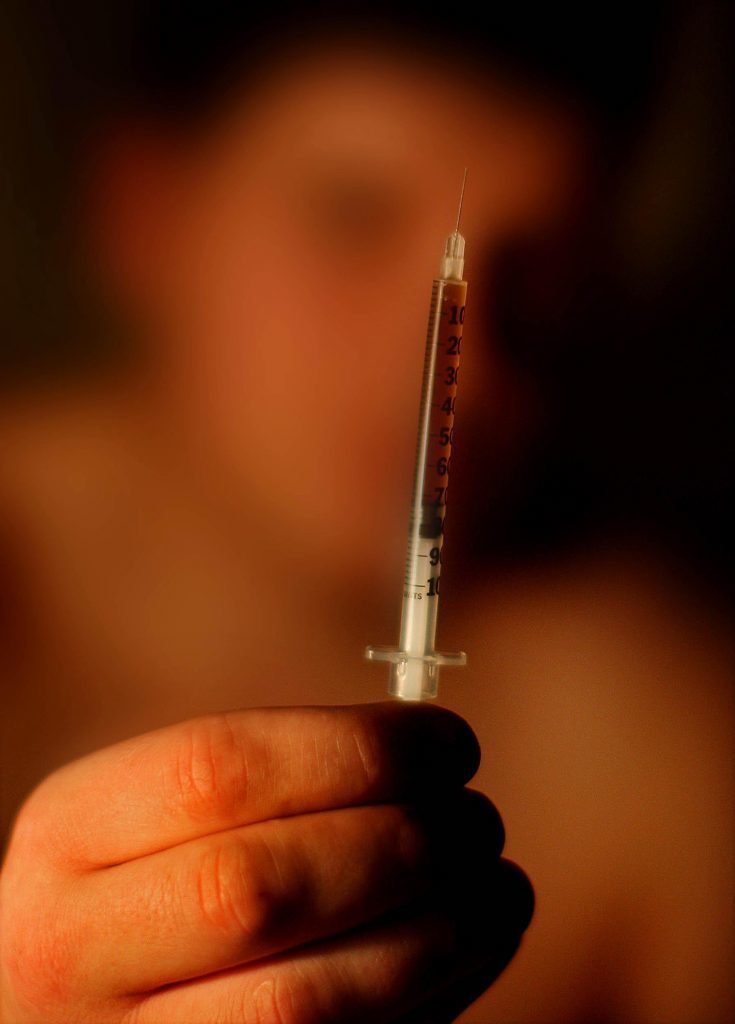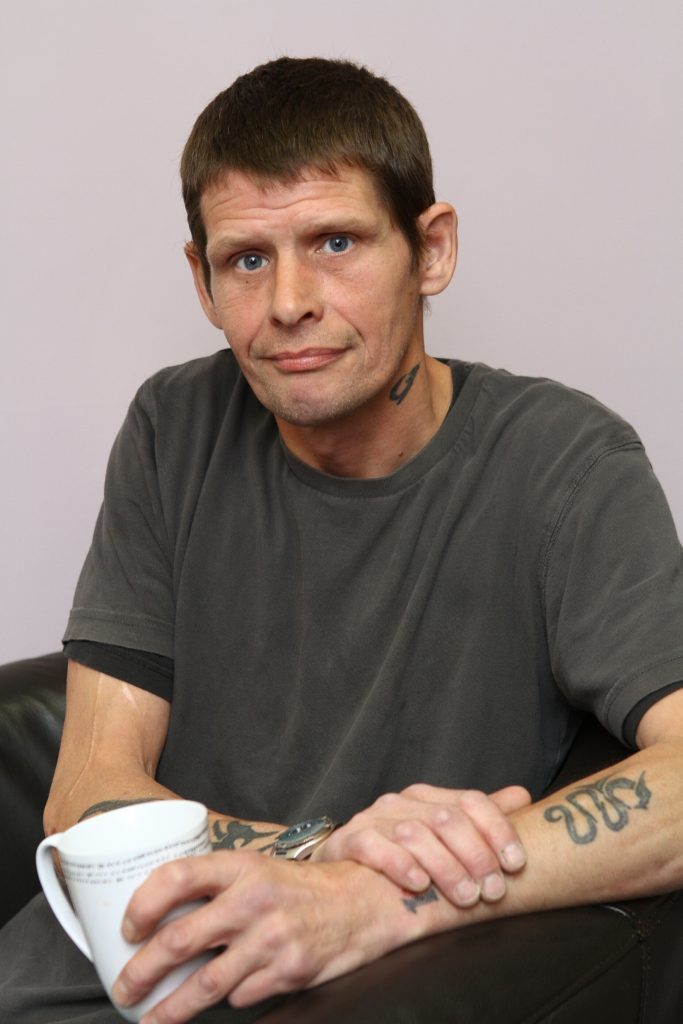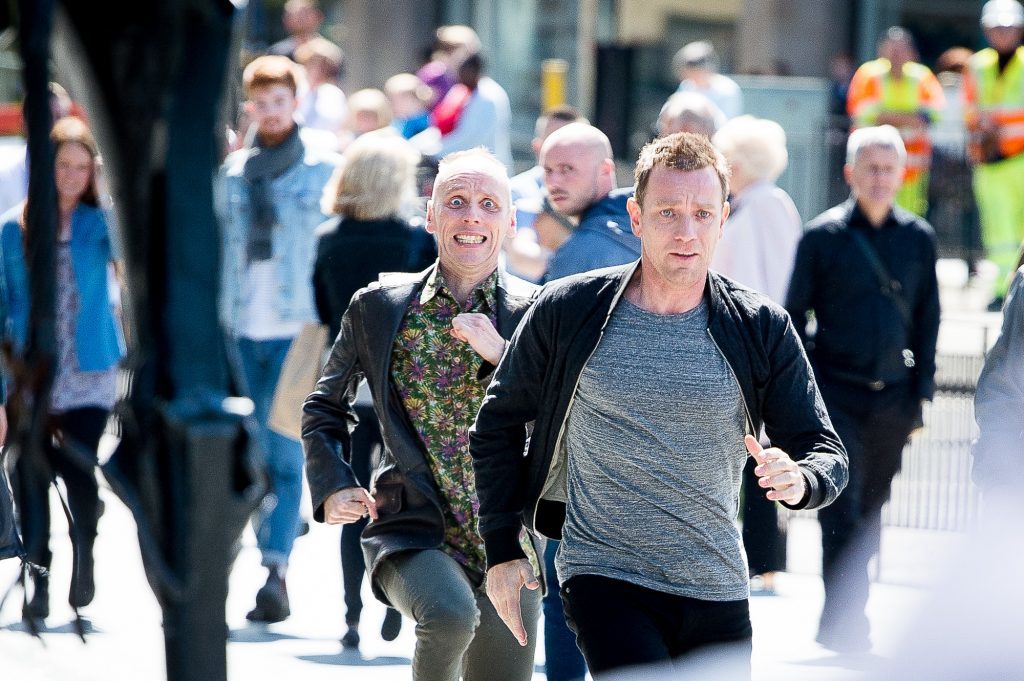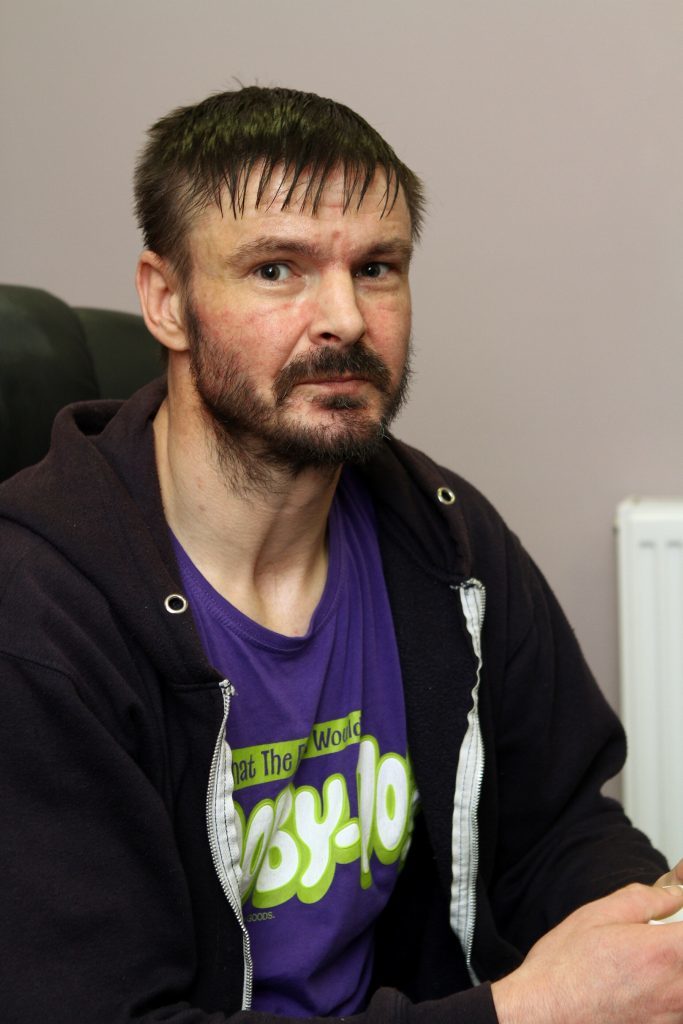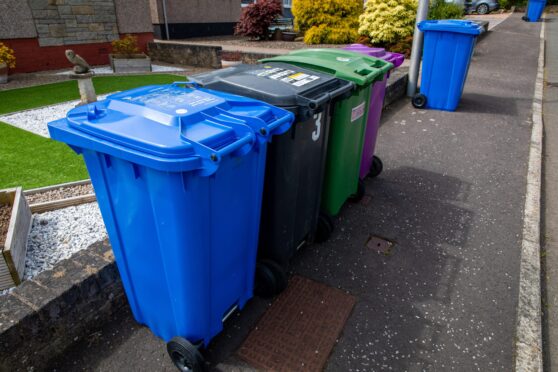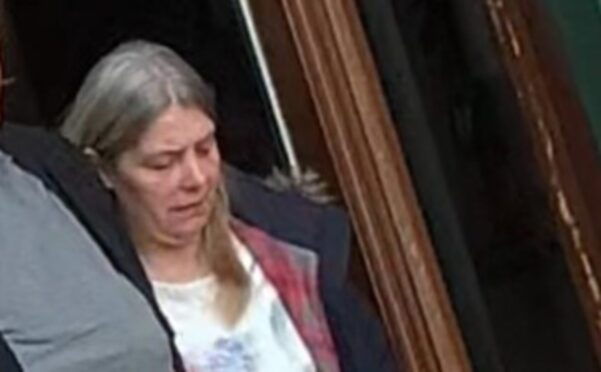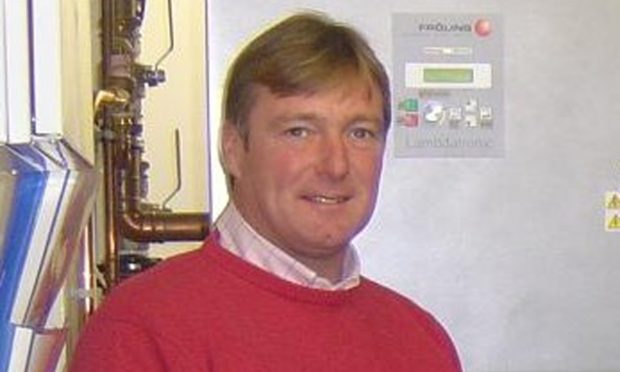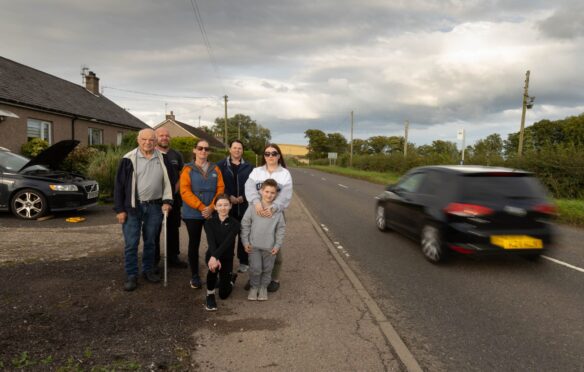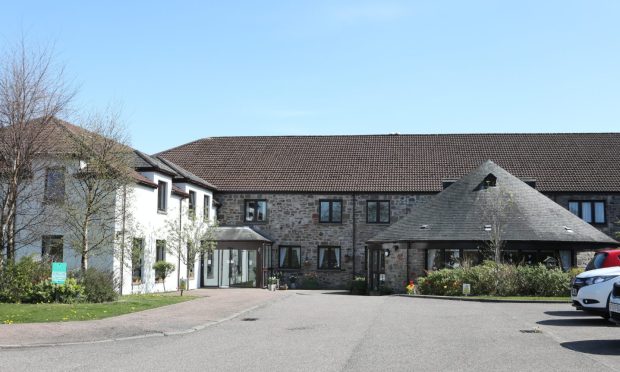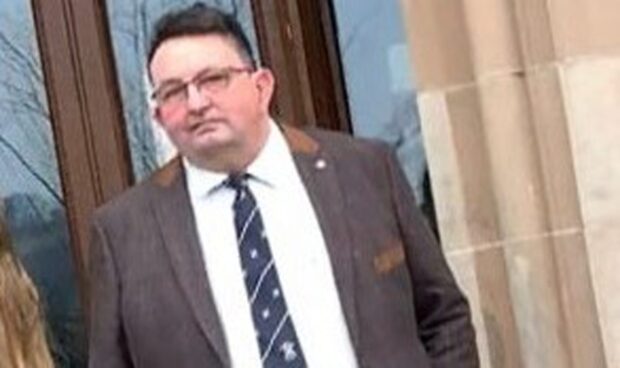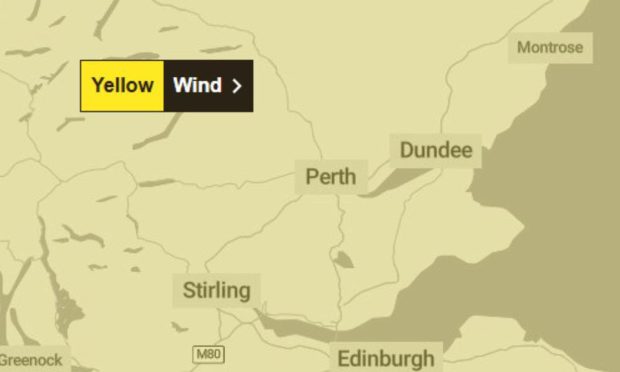Junkies, low lives, scum bags…there are many disparaging ways that society can view heroin addicts. But in Arbroath, the Church of Scotland-backed Havilah project, celebrating its 10th anniversary on Thursday August 25, is refusing to be judgemental, discovers Michael Alexander on a visit.
It has been described as a national tragedy for Scotland and the ultimate indicator of the country’s health inequalities.
When official statistics were published last week, they revealed that drugs deaths in Scotland are at a record high.
A total of 706 people died as a result of drug abuse in 2015, according to a report by the National Records of Scotland. That’s 15% higher than 2014 and 16% higher than the year before that. In fact the number of drugs deaths in Scotland has been steadily increasing since 1995.
But whilst the highest concentrations of addicts are in the cities, small town Scotland is far from immune, as those behind the Church of Scotland-affiliated Havilah support project in Arbroath know all too well.
Since setting up a drop-in centre for addicts 10 years ago this week, St Andrew’s Church minister Martin Fair reckons his team of volunteers must have buried “around a dozen” of the project’s regular attendees over the past decade.
And whilst it would be easy to write off each and every one of them as “just another drug death statistic”, he says for the dedicated volunteers, every one of them feels like “a family bereavement”.
“Havilah began in 2006 in response to the desire that some of our number had to reach out in love to the many in our community who, for whatever reason, often find themselves excluded, isolated and unloved,” explains Glasgow-born Martin, 52, who has been minister at St Andrew’s Church for almost 25 years.
“Originally we opened on a Monday morning for two hours serving tea, toast, offering a listening ear. This quickly moved on to us being open three hours a day, five days a week as we are now – offering a non-judgmental haven for some of the most marginalized people in our society.”
Based at Community Spirit, the community outreach venture of St Andrew’s which is just up the road from the church premises, right in the middle of Arbroath’s Fisheracre shops, Havilah offers free tea, coffee, biscuits and soup lunches between 12pm and 3pm.
And when The Courier visited this week, it quickly became clear how popular it is with a queue of men and women – mainly addicts or former addicts in their 30s or 40s – waiting eagerly outside for it to open.
Once inside the bright premises there were hugs for the volunteers and a real sense of uplift as some of the addicts settled down with a coffee for a blether or racked up a game of pool.
When the project was first set up in response to the congregation’s desire to engage more with the community, numbers remained low.
By the end of 2007, however, there had been something of a breakthrough and the team was welcoming 12-16 men and women on a regular basis, leading them to the current premises.
Now, amid the overdose tragedies, it can cite examples of attendees who have gone on to turn their lives around.
The aim is for every single person who walks through the door to recover from addiction.– working where possible with statutory agencies like Angus Council through the Angus Drugs and Alcohol Partnership.
Last year the project also won the Queen’s Award for Voluntary Service and the service has been recognised by the courts.
The council provides a significant portion of the annual £60,000 costs with much of the remainder funded by the Church of Scotland Go For It fund.
Routine
But whilst the Christian ethos underpins everything that volunteers do – Havilah is the name of an abundant area of land, mentioned in the book of Genesis – Martin insists that at no point is religion forced upon anyone.
“For a lot of those coming here it gives them some kind of routine in their lives and some comraderie,” he says.
“Other than coming here, there’s no reason to get up, nowhere to go other than to score whatever it is for that day. But what is most important of all is that they are absolutely not judged. And that is key.
“For everywhere these guys go on the streets, they are treated as and spoken to as something you’ve stood on. Here, that never happens. They are treated as normal. There is compassion. “
Martin describes Tracey McLeod, her husband Jim and the other volunteers as “remarkable human beings” who “always go that extra mile.”
But it can be hard work – and there have to be “lines in the sand” about behaviour.
Martin adds:“These guys when they come in will lie to you, they’ll steal from you, they’ll cheat. They’ll promise you the earth. And even when they make great strides forward they’ll fall back and end up where they were.
“But Tracey and the team they never give up. That compassion gets to these guys. They are hard-nosed. Life has made them hard. We never push religious faith on them. But it’s amazing how when they have been coming for a wee while, they’ll say ‘how come you people are nice to us?’
“And at that point maybe Tracey will say ‘it’s our Christian faith- we don’t believe in writing people off’. Often the guys will laugh that off and say ‘don’t try that church stuff on me’. But they’ll keep coming, because we’re not bashing them.
“The guys also start to police the place themselves. There’s no swearing here. They always say please and thank you when getting tea. What wins is Christian faith in practice.”
A spokesman for Angus Council said:“As partners of the Havilah Project through the Angus Drugs and Alcohol Partnership, we see the important support and assistance they provide to those who suffer with drug and/or alcohol dependency.
“The drop-in centre gives the offer of food, friendship and advice that can help to break the destructive cycle of addiction. We in turn are pleased to provide them with funding and other support to help turn people’s lives around.”
CASE STUDY – CHARLIE SMITH
Reformed Dundee alcoholic and heroin user Charlie Smith is brutally honest about what Arbroath’s Havilah project has done for him.
“This place saved my life,” he tells The Courier.“I’d have been dead years ago if it wasn’t for Tracey and everybody that helps me here.”
Originally from St Mary’s in Dundee, Charlie, 47, was put into care at the age of six months because his “parents couldn’t cope”.
An alcoholic in the city for 20 years, he became hooked on heroin when he moved to Arbroath from Dundee seven years ago.
As a drug addict for four years, he and his partner, whom he met at a rehab session, would shoplift prolifically to feed their £90 a day drug habit.
He became a regular in court. Sentenced to “plenty of fines and community service”, he retains a dark pride that he “never got the jail”.
“I was too quick for them!” he laughs, “and I had a good solicitor!”
But Charlie, who has now been ‘clean’ for three years, says his wake up call came the day his criminal justice worker said she’s find him dead on his couch one day.
“You have to get it right up here,” he says tapping his right temple. “If you don’t want to come off you never will.”
Charlie, who now works in a recycling job at Abbey Fruit, recalls that at one point he was banned from every shop in Arbroath.
So when he came off drugs, and determined to turn his life around for good, he resorted to writing letters to the managers of every shop in the town pleading with them to let him do his shopping there so that he could eat.
“I needed somewhere to get my messages,” he says. “I told them I’d been on drugs, I’d served my time, I’d done this, I’d done that, I’m working. I just asked if it was possible for me to shop. The only one that got back to me was Morrisons – so I now shop in Morrisons!”
Charlie, who says he has learning difficulties, says the most important thing about Havilah is that “they don’t judge you” and that clients can build up “complete trust” with the volunteers.
But he still worries about the wider drugs problems in Arbroath and towns like it.
“Everyone has their own story,” he says, “but there’s absolutely nothing for people to do in Arbroath – especially if you are on the ‘broo’ and someone comes along one day and says ‘try this’, and before you ken you are hooked…”
CASE STUDY – TONI SIMPSON
Toni Simpson, who turns 27 on Friday August 26, is visibly shaking when I’m introduced to her.
It’s not nerves but the effects of long term heroin addiction and the methadone she is currently taking as a substitute.
Born and raised in Arbroath, Toni says she came from a “good family”.
But tragically, she made “one mistake” when she was 17-years- old and became hooked on heroin.
“I think it was just the people I was around,” she says, explaining how she dropped out of a hairdressing course at Angus College.
“I was curious. I hadn’t long been out living on my own. It was just a really stupid mistake wanting to try it. I started smoking it. That led to injecting and I became hooked. That was it. If I could speak to my 17-year-old self I would say ‘Don’t do it. Just don’t do it…”.
Toni fed her “at least £10 per day” habit through shoplifting. She spent time on remand at Cornton Vale.
But ironically she believes jail was a good thing as it gave her a taste of structure.
“Life on the outside was that chaotic, the jail was structured even for that small amount of time,” she says. “And it got me away from Arbroath. I don’t think it was such a bad thing for my head to get away.”
Toni, who deeply regrets her drug addiction, says no drug addict wants to stay hooked. Her partner, a bit older than her, is also trying to come off heroin through a methadone programme. But the ability to get off can vary dramatically, she says.
She has been visiting the Havilah project most days for seven years. And most importantly it gives her “something to go out to do”.
“I’ve been hunting for a job for a long time now,” she reveals. “I can’t remember how long I’ve been on the Job Seekers – I was on the sick before that. Coming here helps me to keep a little bit of routine in my life as well. I also like it because no one judges you. Everyone in here is welcoming and friendly to everyone.”
Toni blames a “mixture of boredom and lack of opportunities” for Arbroath’s drugs problems. But she realises the town is not alone and “wouldn’t put it down to one thing”.
CASE STUDY – JOHN OHREN
Thirty-year-old John Ohren is proving to be a rather nifty pool player when The Courier catches up with him at the Havilah.
But it’s not easy nipping round the outside of a pool table when you only have one leg.
John, who is born and bred Arbroath, is still coming to terms with the amputation of his right leg due to drug abuse in May.
“I injected into my leg and it got an infection in it,” he explains. “I was delirious for a couple of days and was told it could spread to my kidneys.
“The doctors at Ninewells did a brilliant job taking my leg off. They got the infection out in one go. But I don’t think it’s really sunk in yet that I’ve lost it.”
John has been visiting the project for most of its existence. He first got into drugs in 2004, citing the trigger as a period when the authorities “stopped me from seeing my son and a few personal things at the time”.
He has been in and out of rehab ever since spending various periods clean. But he says he moved back into drugs when he lost his job with a local firm.
John hopes to get a prosthetic limb fitted at some point.
But he adds with a laugh:”I’m taking life one step at a time!”
“I started coming in here because it gave me somewhere to go to get out the house. They didn’t judge me and was a nice place to go.
“But I don’t come in here as often as I used to. I don’t want to tempt fate by falling back into the old routine. I come back to see the volunteers more than the other people that are here. I don’t want to relapse. Coming here is my one steady thing.”
malexander@thecourier.co.uk
